Risk Management in action at the 2019 Tour de France
- By florian.glinserer
- •
- 30 Jul, 2019
- •
Anticipating and adapting a a major safety risk turn into an event
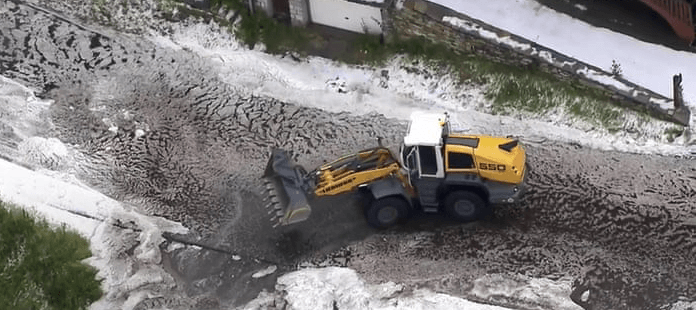
I have written about Pro cycling in an article last year, which focused particularly on Team Sky, now known as Team Ineos. Well, they’ve done it again, with a First and Second place at this year’s Tour de France. Congratulations to this year’s Tour de France winner, Egan Bernal.
I’d like to highlight an event that occurred during the race which required good risk management and quick, effective decision-making on the part of the Tour organisers, ASO. The event happened on Stage 19 (the third-last stage) in the French Alps on Friday, 26th July. Localised hail and snow in the French Alps suddenly turned what was already a dramatic stage (in terms of the racing) into an unprecedented one. Although it was dry as the riders descended a large col, high in the mountains of the Savoie department, conditions suddenly became extreme further down the mountain due to this sudden, localised storm. The race organisers responded swiftly, and dealt with it by stopping the stage short of the finish line in the interests of safety. Although what happened was highly unlikely to occur, it was still a foreseeable event, not a “black swan” (or an “unknown unknown”) and good preparation meant that it was dealt with safely and quickly.
Good risk management in action – anticipate and adapt.
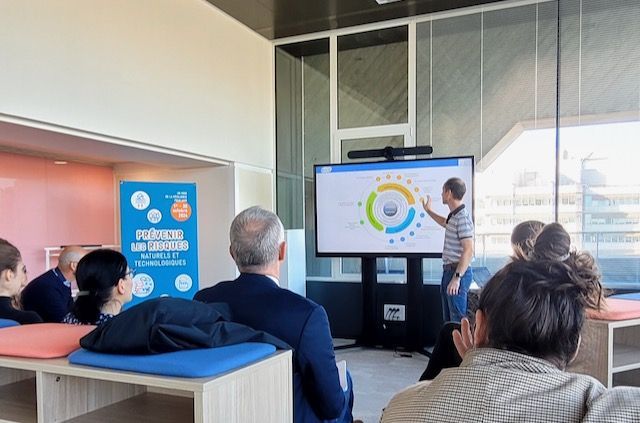
We held very interesting in-person discussions about how my Urban 2.0 framework and system can be used by cities and towns around the world, and also the release of the UNDRR Global Assessment Report, Special Report 2024, which I was delighted to contribute towards.
The municipality of Bordeaux is continuing to pursue some excellent work in urban resilience, which I will be profiling in due course...

Almost half of Small Island Developing States' (SIDS) populations reside in urban areas. Research into urban resilience and urban planning tends to focus on cities in large nations, and only a relatively small amount of specific research on SIDS cities currently exists. However, much of the general urban resilience research is applicable to SIDS, as long as context is considered.
This paper focuses on ways to implement measures that will foster resilient and dynamic cities in SIDS. Ensuring good policy action to build, maintain and continuously improve these cities is key to achieving sustainable development and resilient prosperity as set out in the Outcome Document of the Fourth International Conference for Small Island Developing States (SIDS4).

With growing challenges like climate change, debt burdens, and dwindling resources, they desperately need an actionable, doable, and ambitious roadmap for the next decade. 2024 is an important year for SIDS, with the SIDS4 conferencetaking place in May.
You can access details about the Forum on the Island Innovation website, here.
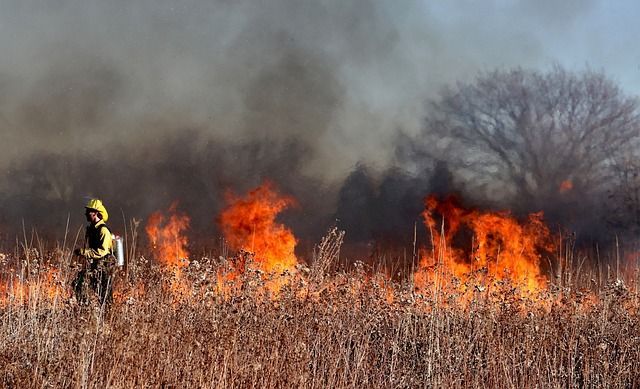
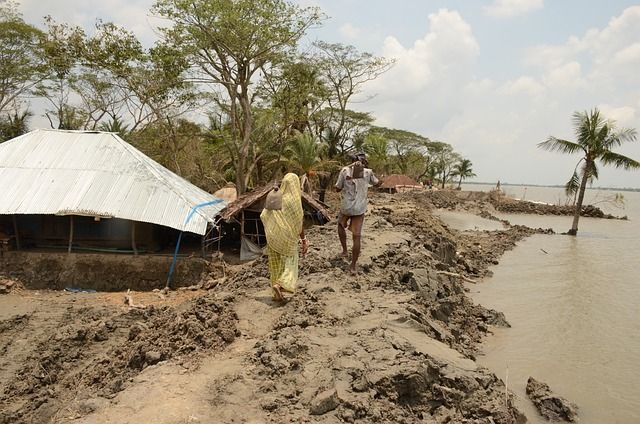
You can read edition #1 here. This first edition is an introduction to our work, containing a summary of some of the work we are undertaking, links to case studies and interviews with people about different aspects of avoiding disasters.

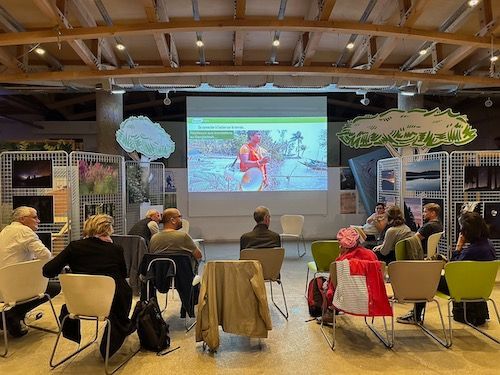
We held a very interesting in-person round table discussion with citizens about how disasters can be avoided.
The municipality of Bordeaux is pursuing some excellent resilience work, which I will be profiling in due course...

We reviewed approaches being taken to prevent hazards from turning into disasters, including examples and how innovation is helping countries, cities and communities prevent adverse fallouts from hazard events.
You can access the webinar and download all presentations here.

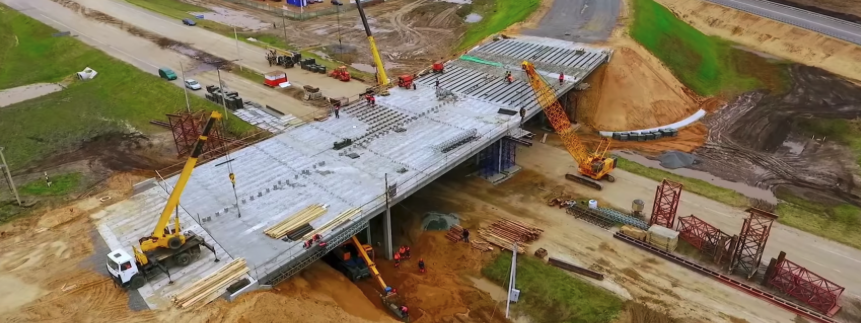
The December 2022 edition, which covers a wide variety of infrastructure-related topics, is available here...
